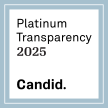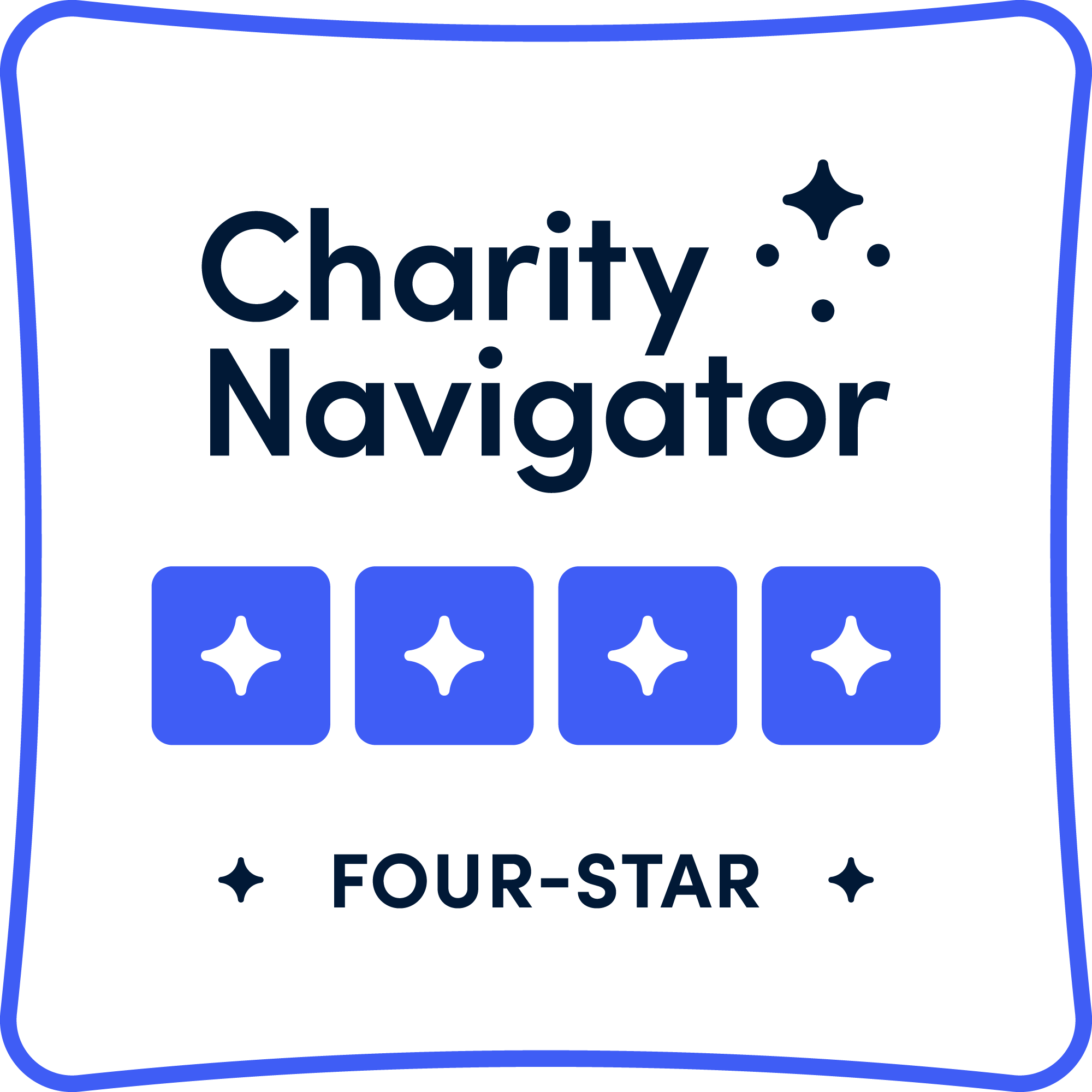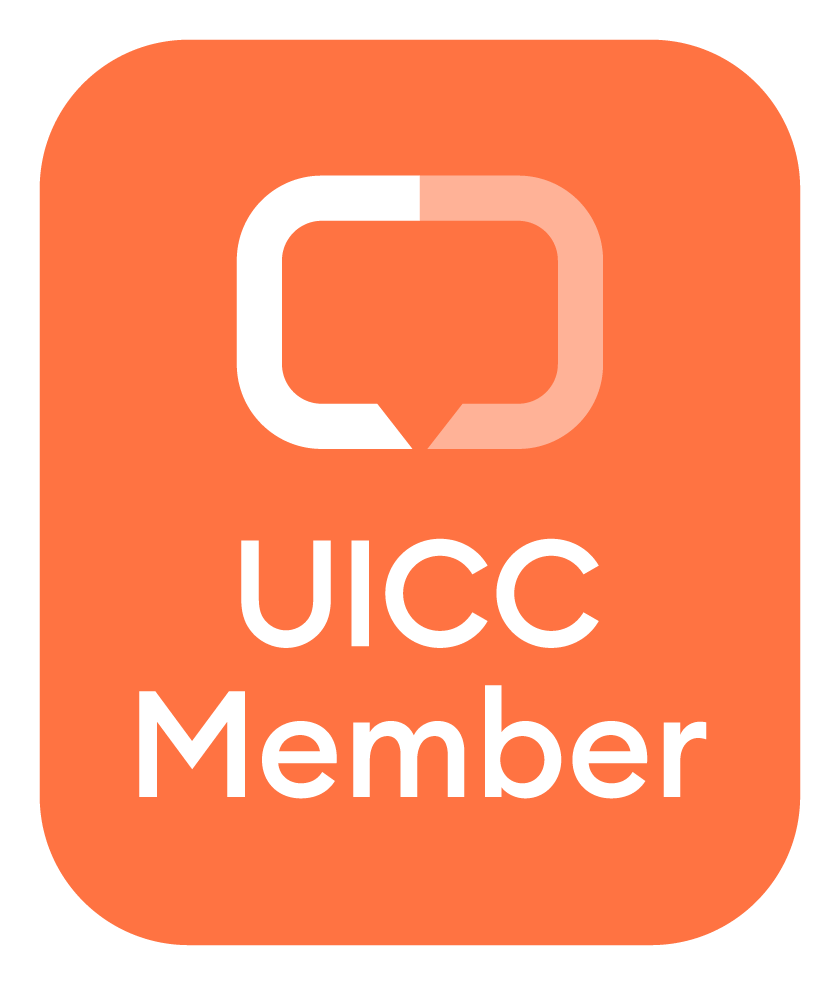Building Your Care Team and Communicating with Doctors

At the National Foundation for Cancer Research (NFCR), we believe that building the right care team and learning to communicate effectively with your healthcare providers are essential to your cancer journey.
Having a team you trust — and knowing how to advocate for yourself — can make a real difference in your treatment experience and outcomes.
Building Your Cancer Care Team
Your care team may include:
- Medical Oncologist: Specializes in cancer treatment with medications like chemotherapy, immunotherapy, or targeted therapies.
- Surgical Oncologist: Specializes in surgery to remove tumors.
- Radiation Oncologist: Specializes in treating cancer with radiation.
- Primary Care Physician: Helps manage your overall health and other medical conditions.
- Nurses and Nurse Navigators: Provide education, support, and help coordinate your care.
- Dietitians, Social Workers, Physical Therapists, and Mental Health Professionals: Address nutrition, emotional well-being, rehabilitation, and coping strategies.
Tip: Each member plays a critical role — don’t hesitate to ask who is responsible for each part of your care!
Getting a Second Opinion
Seeking a second opinion is common and wise, especially for rare, complex, or aggressive cancers.
- When to get one: After diagnosis, before major treatment decisions, or if treatment isn’t working as expected.
- How to ask: Tell your doctor, “Before starting treatment, I would like to get a second opinion. Can you help with a referral?”
- What to bring: Pathology reports, imaging scans, medical history, and biopsy results.
Tip: Insurance often covers second opinions; check with your provider.
Preparing for Appointments
Make the most of every appointment with these simple steps:
- Write down your questions beforehand.
- Bring a family member or friend for support and another set of ears.
- Take notes or ask permission to record conversations (audio only).
- Summarize what you heard back to the doctor to confirm understanding.
- Ask for written instructions whenever possible.
Sample questions to ask your care team:
- What are all my treatment options?
- What are the risks and benefits of each?
- How will treatment affect my daily life?
- Are there clinical trials available for me?
Advocating for Yourself
You are your own best advocate. Here’s how to speak up and stay informed:
- Don’t be afraid to ask questions; ask again if you don’t understand.
- Take your time before making big decisions.
- Request clarity: It’s your right to understand your diagnosis and treatment plan.
- Trust your gut: Seek another opinion if something doesn’t feel right.
Remember: Good doctors appreciate patients who are engaged and informed.

Navigating Early Decisions
Here’s how to stay organized and proactive:
- Ask Questions: Prepare a list of questions for your appointments. (Example: What are the side effects? What are my alternatives?)
- Get a Second Opinion: It is normal and smart to seek a second opinion, especially for rare or complex cancers.
- Bring a Support Person: Having a friend or family member at appointments can help you remember details and feel supported.
- Use a Notebook or Folder: Keep all your reports, test results, and notes organized in one place.
NFCR’s Message to You
At NFCR, we believe you are the leader of your care team. By choosing doctors thoughtfully, communicating openly, and standing up for your needs, you can take charge of your cancer journey with knowledge, confidence, and hope.
Remember:
- You deserve doctors who listen and respect your choices.
- You have the right to understand your diagnosis and options.
- Asking questions is not just allowed, it is encouraged.
- You are never alone. NFCR is here to support you at every step.
Sign-up to Stay Informed About Cancer Research Breakthroughs with NFCR!
Continue the Series, Read Next:
Managing Treatment and Common Side Effects >>>
A world without cancer is possible. Help us turn lab breakthroughs into life-saving realities.

5.7 Million+
Donors who have fueled NFCR’s mission

$420 Million+
Invested in high-impact research & programs

36+ Labs & Hundreds of
Nobel Laureates & Key Scientists received NFCR funding, driving breakthrough research












